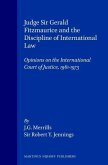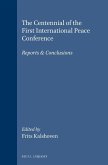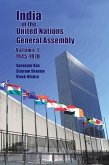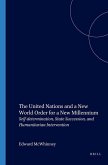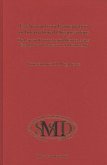Fitzmaurice and the World Crisis examines the impact of the legal advice of G.G. Fitzmaurice on the making of British Foreign Policy during the key phases of the developing World Crisis, from 1932 to 1945, in relations with Japan and Germany. Particular attention is given to whether relations with Germany were defined in terms of classical power politics or in a new language of the rule of law in international society. The main themes highlight Fitzmaurice's contribution to the shaping of major issues and illustrate the breadth of scope in the work of the legal adviser: the Manchurian Crisis; Anglo-German relations in the 1930s; the concluding of the Anglo-Polish Treaty of 1939; economic warfare and the laws of war at sea (1939-43); debate surrounding the nature of Germany's surrender and the drafting of armistice terms. The book breaks new ground with respect to the basic technical crafts of the international lawyer. It shows how the skills of the diplomatic historian, working with unpublished Foreign Office archives, are essential to unravelling the true legal practice of a state as an element in the evolution of customary international law. The aim is not simply to unearth and present, in a minimally edited form, the legal opinions of Fitzmaurice, but also to assess his impact within the Foreign Office. It concludes that the role of the individual international lawyer in government institutions is potentially very significant. However, his influence depends not simply on the stubbornness with which he holds onto his professional expertise, but also on his moral vision and sensitivity towards the complexities of the context in which he has the potential to shape events.
Hinweis: Dieser Artikel kann nur an eine deutsche Lieferadresse ausgeliefert werden.
Hinweis: Dieser Artikel kann nur an eine deutsche Lieferadresse ausgeliefert werden.


